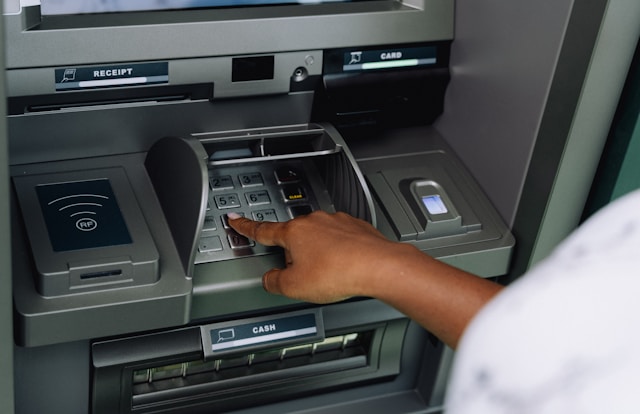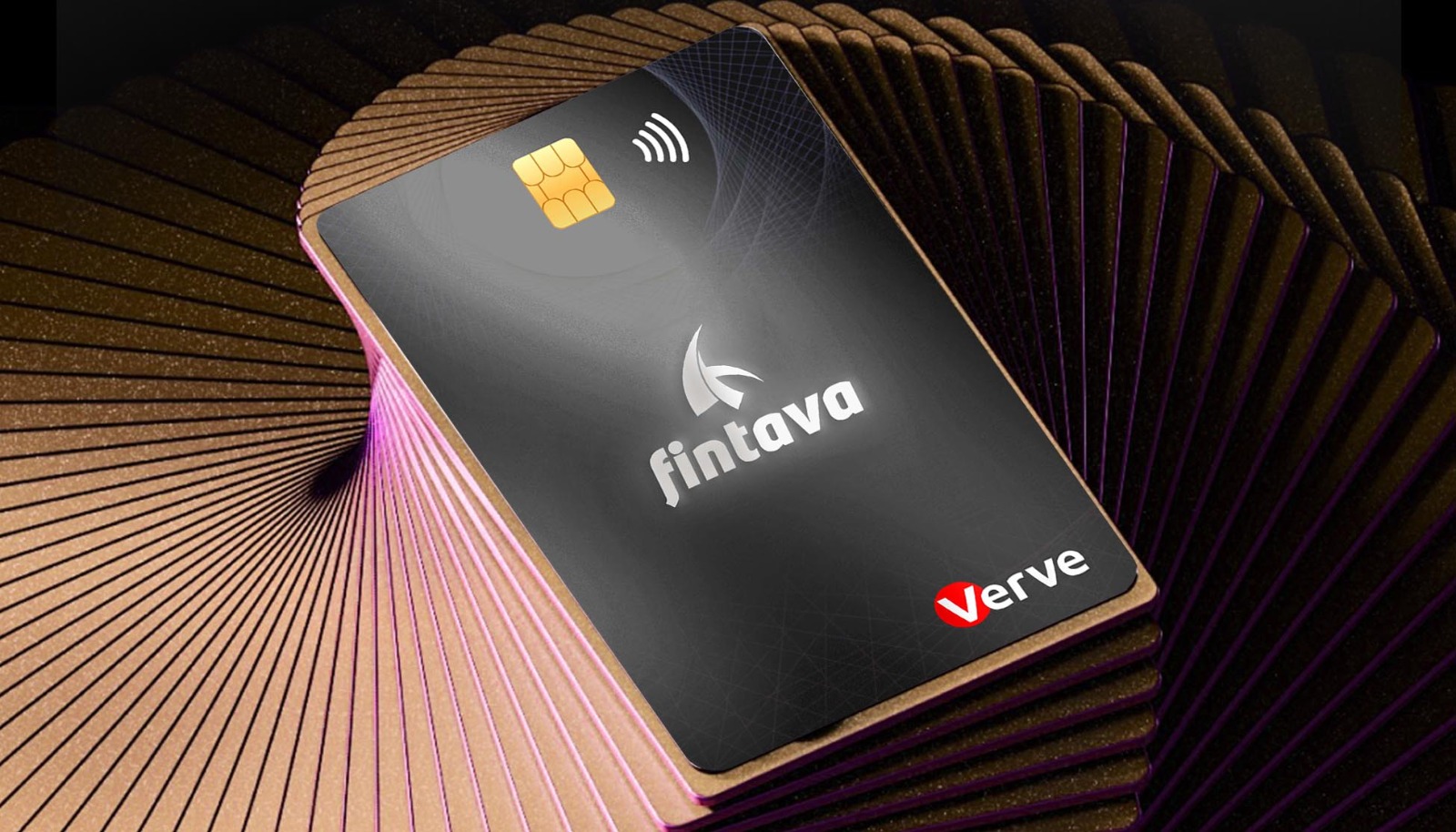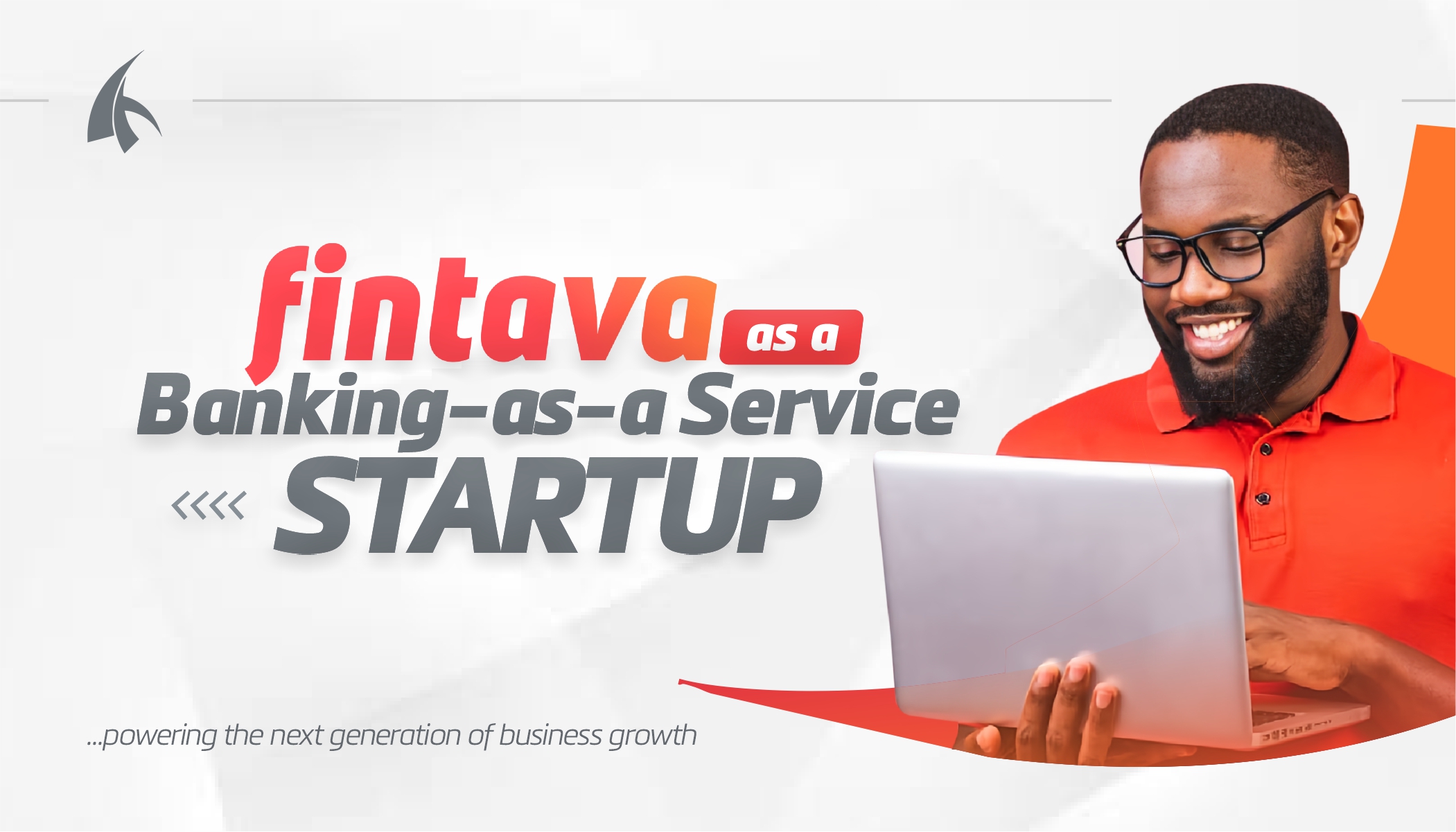Banking as a Service (BaaS) refers to providing banking products and services through third-party distributors. It involves licensed fintechs like Fintava, integrating their digital banking services directly into the products of banking or non-bank businesses, typically via APIs (Application Programming Interfaces).
This enables businesses to offer banking services such as payment processing, loans, and account management without needing to obtain a banking license.
How does banking as a Service work?
BaaS operates through partnerships between a financial institution — fintech or bank — and non-bank businesses. Banks offer their infrastructure and regulatory compliance capabilities, while businesses provide their customer base and user interface. Here’s a step-by-step breakdown:
1. API Integration: Banks provide APIs to their partners.
2. User Interface Development: Non-bank businesses develop user interfaces that utilise these APIs to offer banking services.
3. Regulatory Compliance: The financial institution handles regulatory compliance and risk management.
4. Service Provision: The end users access banking services through the non-bank business’s platform.
Essentially, if Chicken Republic adds a financial layer to their products through a BaaS platform like Fintava, you’ll access that financial layer through Chicken Republic’s interface, not Fintava’s
A BaaS platform typically has an API gateway that facilitates communication between the bank’s core systems and third-party applications. A compliance engine that ensures that all transactions and processes comply with regulatory requirements.
It will also have a security framework that protects sensitive financial data through encryption and other security measures. This is one of the areas where Fintava thrives as one of Nigeria’s foremost BaaS banks.
Which companies can use banking as a service?
From fintech to e-commerce, BaaS can be beneficial to almost any kind of company. A fintech, for example, can use a BaaS platform to offer banking services without having to go through the hassle of getting a licence.
An e-commerce company can also leverage a BaaS platform to create a wallet for its users or provide them with credit opportunities.
This ability to equip non-banks with financial abilities through BaaS is important because it democratises access to financial services, allowing non-financial companies to offer banking products and services.
The future of BaaS looks promising, with several trends shaping its evolution
More non-bank businesses are expected to adopt BaaS to offer financial services. Regulations will continue to evolve to support and manage the growing BaaS ecosystem.
Fintava is already pioneering the expansion of BaaS to emerging economies like Nigeria, providing financial inclusion to underserved populations.
By understanding what BaaS is, how it works, and its benefits and challenges, businesses can leverage this model to innovate and provide better services to their customers. The future of BaaS is bright, with continued growth and advancements on the horizon.



